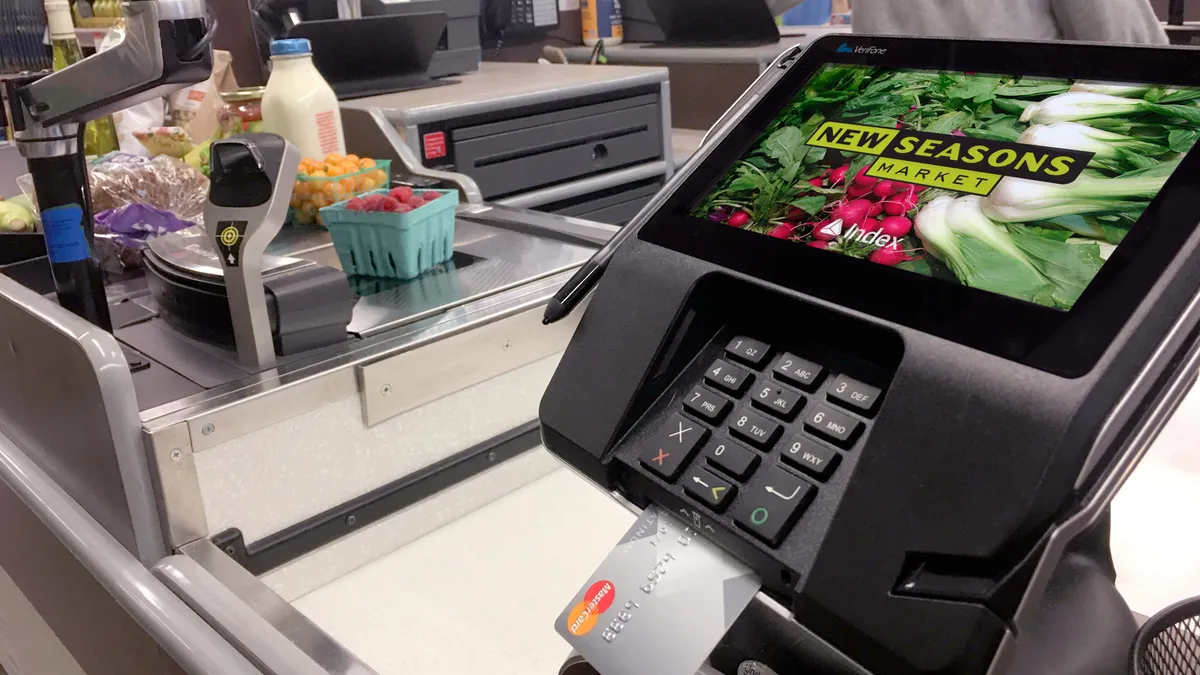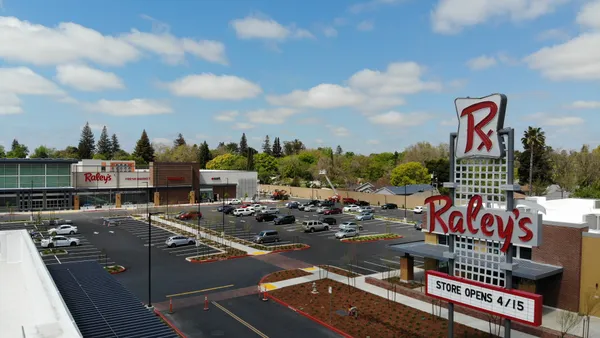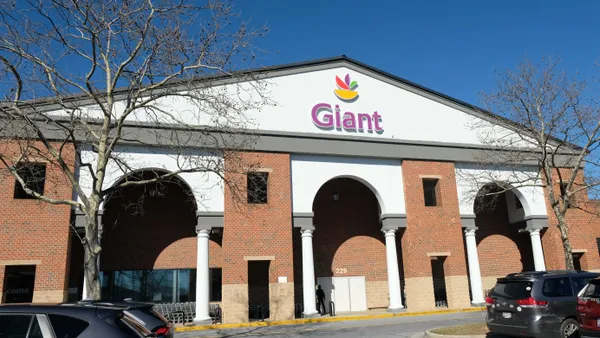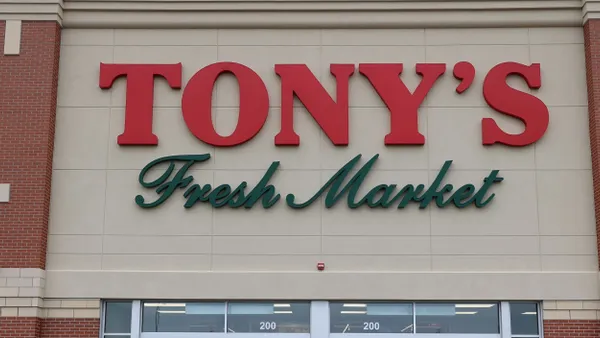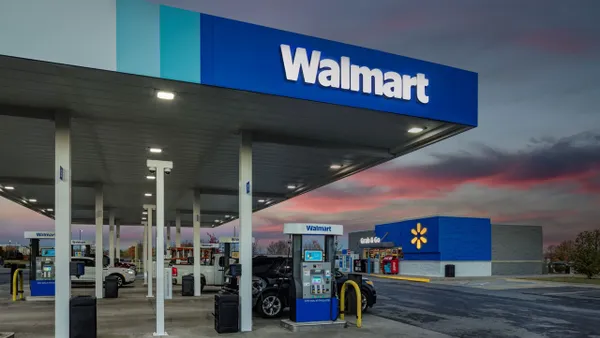Dive Brief:
- New Seasons Market, which includes 19 stores in Oregon, Washington and Northern California, has partnered with data provider Clutch to create a customer relationship management platform, according to Winsight Grocery Business.
- The retailer plans to use the CRM solution to deepen its understanding of shopper habits, tailor its communications to its customer base and personalize product recommendations. Clutch’s technology streamlines transactions, SKU and loyalty data across point-of-sale, e-commerce, social channels and marketing touchpoints.
- “Supporting our customers and the communities they live in is integral to our founding mission as a brand,” Katie MacDonald, senior marketing director for New Seasons Market, said in a statement. “Clutch’s technology can help us do this in entirely new ways through a better understanding of their needs.”
Dive Insight:
The grocers that are most likely to succeed and thrive in an increasingly competitive environment are the ones that can identify what their customers actually want. CRM platforms can help achieve this by providing real-time insights, such as demographics and purchasing behavior, to help companies hone their marketing efforts and deepen shopper loyalty.
The industry is quickly learning that while consumers like the conveniences of curbside pickup and delivery, they also prefer to shop in-store with a personalized experience. Those preferences can change depending on the day and their scheduling needs, which is why New Seasons is turning to a CRM solution to better understand these shifting demands.
For Clutch, the grocery industry is a new vertical, having just one other similar customer in Canadian-based Freson Bros. But the technology has existed for years and has helped improve customer relationship strategy for retailers, healthcare companies and other industries.
There is a big opportunity here for grocers to capture customer loyalty. Just 9% of consumers shop at only one store, and about 7% spend more than 90% of their budget there, according to a new report from the Food Marketing Institute. FMI’s findings show consumers don’t believe loyalty is just a card, program or innovative initiative, but rather the effort to satisfy their needs better than the competition. If retailers can fulfill those needs, then shoppers could consistently allocate more of their food budget and time to their main retailer.
But that’s hard to do when you don’t know what consumers' needs are. Advanced analytics are becoming more critical in the grocery industry as competitive pressure heats up in every corner — from Amazon to restaurants and even to dollar stores. If grocers can keep an eye on key metrics — such as past purchasing behavior and search history — using a CRM solution, then they can segment consumers and develop personalized deals and promotions that resonate.
As with everything in the thin-margined grocery space, it’s hard to justify investments for something that is relatively unproven. Do customers really want a specific offering or service? How can grocers be sure? While the industry continues to accelerate at a fast pace, having a platform that enables grocers to understand these questions in real time is likely not a bad investment, but the same can be argued with other consumer demands, like delivery and e-commerce.


